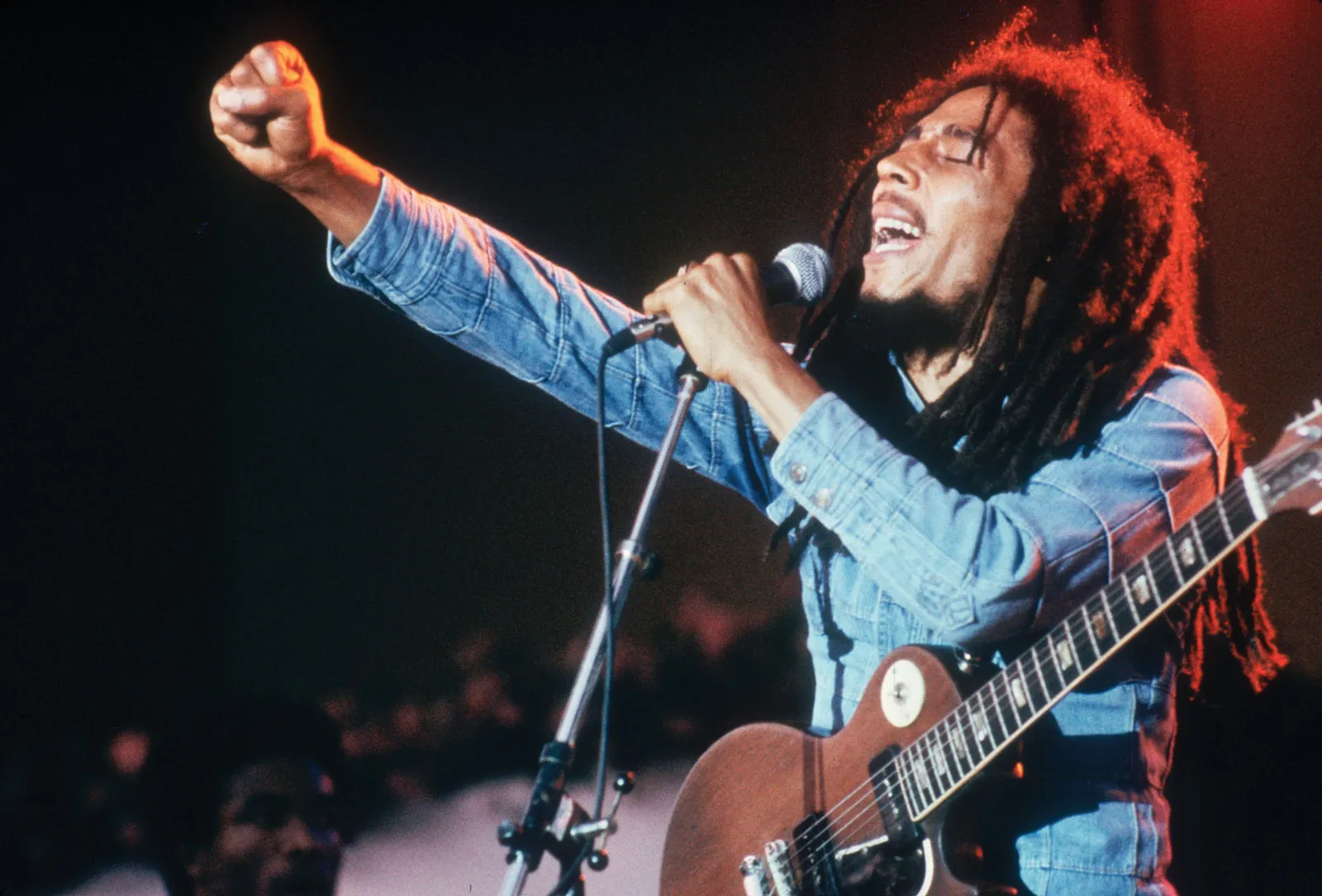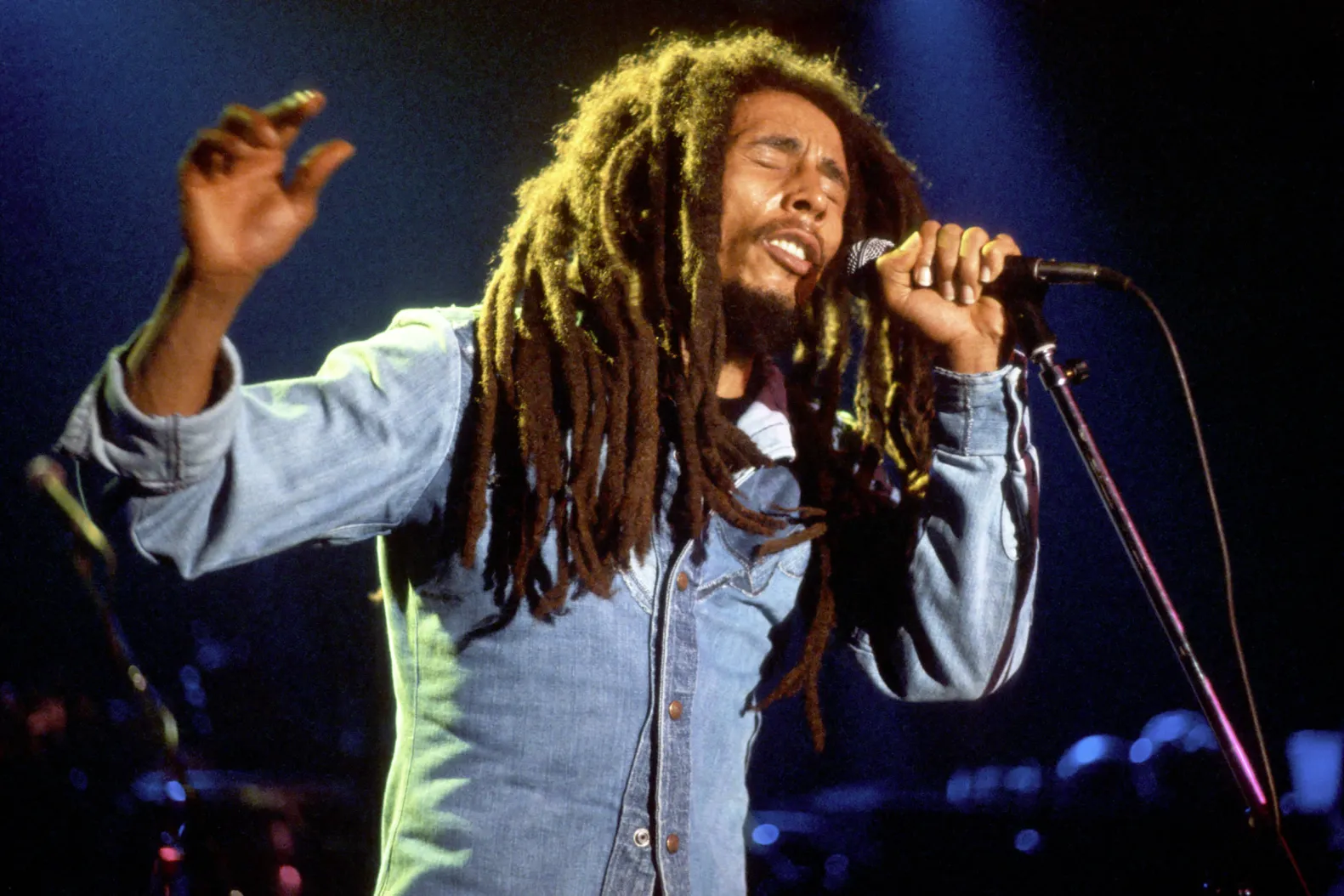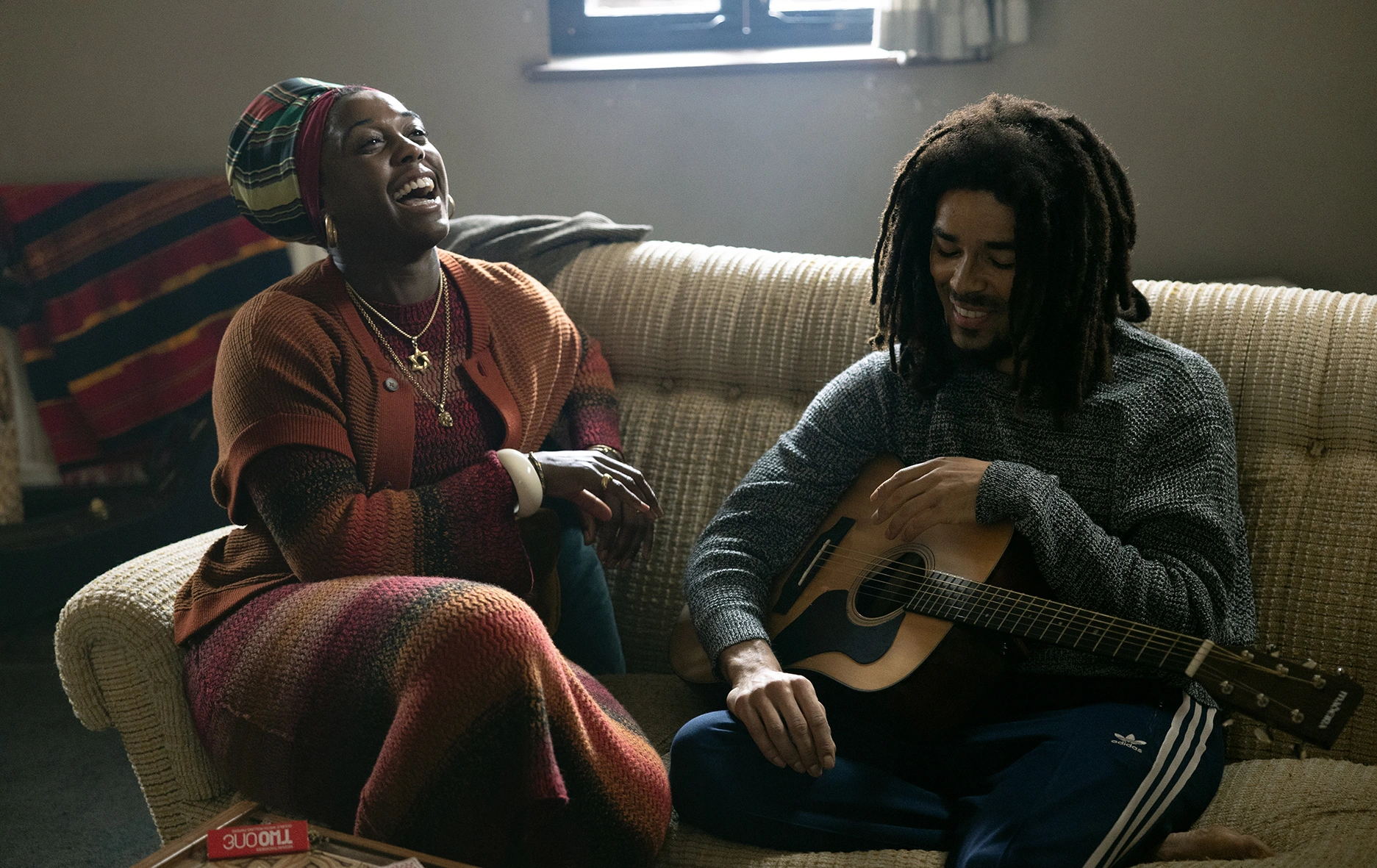Why Bob Marley’s songs continue to influence generations around the world
The legacy of Bob Marley transcends music; it permeates cultural, social, and political dimensions around the globe. This Jamaican musician, who rose to fame in the 1970s, is celebrated not only as the king of reggae but also as a powerful voice for peace, unity, and social justice. Over the decades, his songs have resonated with millions, continuing to influence generations long after his untimely death in 1981. In this blog post, we’ll explore the elements that contribute to the timeless appeal of Marley’s music, how his messages have remained relevant through shifting cultural landscapes, and the ways his influence can be seen in contemporary music and social movements.

The Universal Themes in His Music
One of the most compelling reasons Bob Marley’s songs maintain their relevancy is their universal themes. Central to many of his works are messages of love, hope, resilience, and freedom. Songs like “One Love” and “Three Little Birds” deliver messages of unity, which are especially potent in times of strife. The repetition of simple yet profound phrases creates anthems that resonate emotionally with listeners from diverse backgrounds.
The theme of resistance against oppression is another critical aspect of Marley’s music. Tracks such as “Get Up, Stand Up” and “Redemption Song” directly address the fight against tyranny and the fight for personal and collective freedom. These sentiments resonate universally, inspiring individuals and communities to persist in the face of adversity. Marley’s legacy is rooted in the backdrop of colonialism in Jamaica, but its application extends to countless struggles for justice and equality around the world.
>>> Buy now: Bob Marley Good Vibes 3D Hoodie
Cultural Significance: Jamaican Roots and Global Reach
Bob Marley was undeniably a product of his environment. Growing up in Jamaica during the rise of reggae, he embraced the musical rhythms and socio-political issues prevalent during this period. The incorporation of Rastafarian beliefs in his songs not only gave his music a distinctive spiritual layer but also highlighted issues such as social justice, equality, and the African diaspora’s struggles.
Through the lens of reggae, Marley popularized a genre that was both a musical style and a cultural movement. Despite its roots, reggae can be appreciated in various cultural contexts, and Marley’s music acts as a cultural bridge. Songs like “Buffalo Soldier” educate listeners about historical injustices, connecting the African diaspora’s legacies with contemporary dynamics. His ability to share Jamaica’s experiences with a global audience means that his songs not only celebrated his culture but also became vital parts of the world’s musical fabric.

Marley’s Charismatic Persona
Bob Marley’s authentic self and charismatic personality contributed immensely to his influence. He was more than a musician; he was a cultural icon whose lifestyle mirrored the messages he conveyed through his songs. Marley lived his commitment to love, unity, and resistance against oppression. His distinctive dreadlocks and effortless merge of spirituality and music made him a symbol of the counter-culture movement, rendering him relatable to people across ideologies and backgrounds.
His concerts were a testament to collective experience, where audiences felt both the energy of Reggae and the fervor of activism. For many, attending a Marley concert was not merely a musical experience but an awakening, a moment where they felt part of a larger cause. This sense of community, cultivated through his live performances, offers a continuing connection to his music that goes beyond generations.
The Evolution of His Influence
As we move deeper into the 21st century, Marley’s songs remain influential. His socially conscious messages have inspired artists across genres. Hip-hop, pop, and even electronic music have seen the infusion of reggae rhythms and lyrical themes echoing Marley’s work. Artists like The Wailers continue to perform his music, while modern musicians such as Kendrick Lamar and Ed Sheeran incorporate elements of reggae and Marley’s messages within their own songs, allowing new generations to discover his profound influences.
Moreover, the musical landscape in which Marley’s songs exist has changed dramatically, yet his universal messages persist. In times of social unrest, his songs often resurface, serving as a soundtrack for protests and movements advocating for change. For instance, his music has been embraced by the Black Lives Matter movement, providing a rallying cry for justice in the face of racial inequality. The continuous cycle of interpreting, reinterpreting, and applying his music to various cultural contexts ensures that his message remains a part of the global dialogue.

Digital Age Rebirth
The rise of social media and digital platforms has further amplified Bob Marley’s reach. Young listeners discover his music and its significance through platforms like Spotify, YouTube, and TikTok. Viral challenges or remixes often include his classic songs, introducing them to demographics that may not be familiar with his work. Online memorials and tributes keep his legacy alive, showcasing how his influence reverberates through generations.
Moreover, grassroots and virtual movements seek to channel Marley’s ideologies in contemporary contexts, proving that his messages are not resolutely bound by the time of their creation. The continued sharing of his concerts, interviews, and documentaries ensures that every new generation is educated on the depth of his work and the impact he has had.
>>> Read more: Top 5 Best NFL Defensive Teams to Watch in 2024
Bob Marley’s songs continue to influence generations around the world due to their universal themes, cultural significance, and charismatic engagement with fans. They reflect the essential human experience of love, resilience, and the drive for justice, ensuring their relevance even in today’s world. The music of Bob Marley is much more than entertainment; it is a powerful legacy that encourages unity, resilience, and activism. As we navigate the complexities of modern society, Marley’s words and melodies serve as enduring reminders of the power of music to inspire change and foster connections across cultural and generational divides. The more we return to his music, the more we realize that Bob Marley’s messages—and his spirit—are as vital today as they were during his life.

